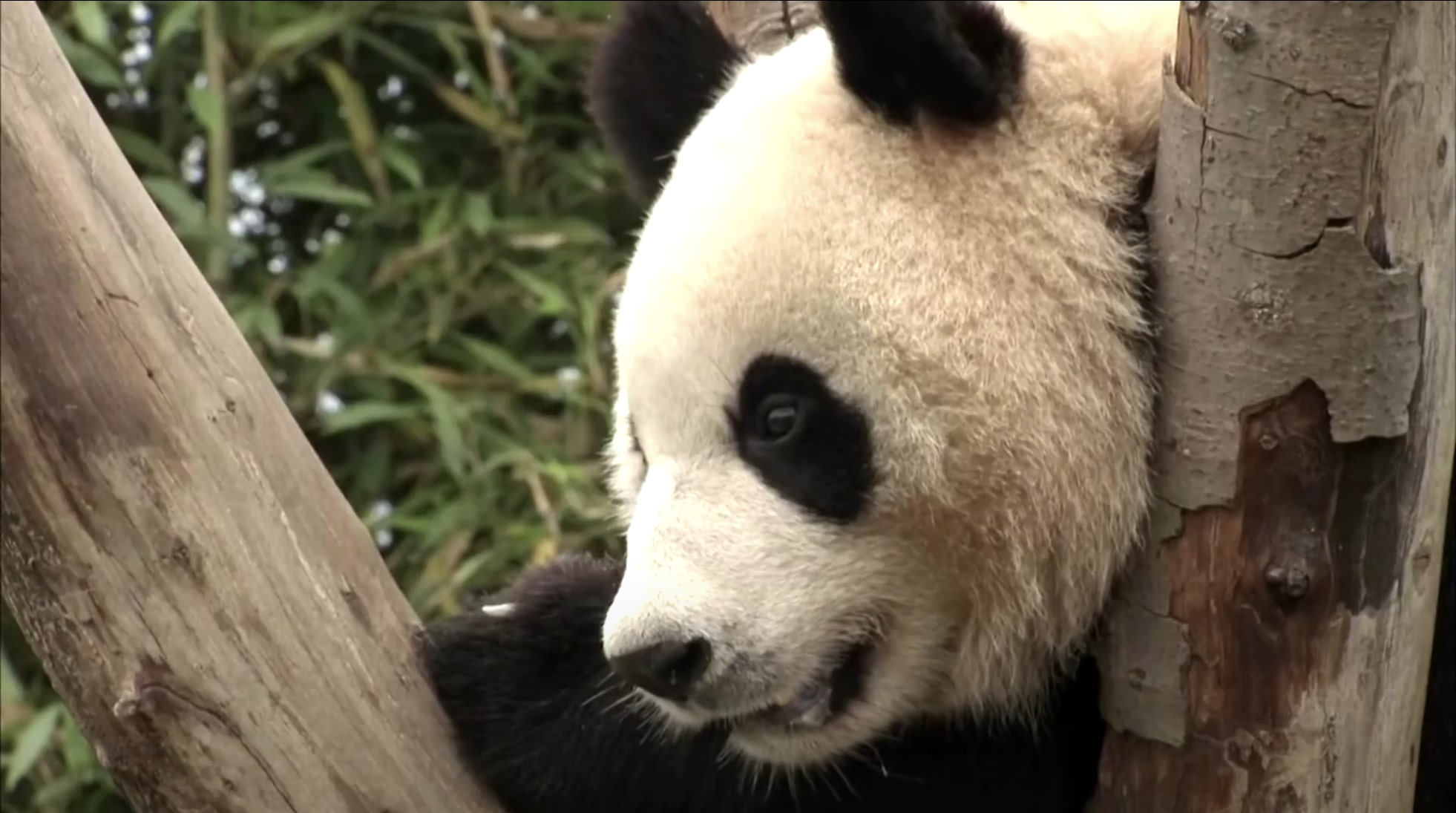
- Inspiring People -
- 3mins -
- 454 views
Pandas Found Enough Privacy During pandemic lockdowns to Have babies
While many zoos across the world are closed to the public, the notoriously bashful panda has taken advantage of the privacy to get intimate, with the latest baby being born in South Korea.
Pandas in South Korean zoo have a baby
One of the world’s most endangered and iconic animals has just given birth to a new member of their species—and it may be all thanks to COVID-19, reported the GoodNewsNetwork last week.
In late March, when many zoos across the world had closed to avert a pandemic, two giant pandas in a South Korea zoo suddenly had some time alone, without prying eyes, and the 7-year-old female named Ai Bao was soon pregnant.
On Monday 20 July, the 8-year-old male panda Le Bao became a new father to a healthy cub in Everland Park. The cub weighed in at 7 ounces (200 grams), and the zoo reported both mother and baby appear to be healthy and comfortable. It will take between 5—6 months for the panda cub to learn to climb and eat bamboo. After that, it will be available to be viewed by the public.

Pandemic a positive for panda passion
So that’s fantastic news from South Korea, but meanwhile in a Hong Kong zoo, another panda couple took advantage of the lockdown to mate—after social distancing from each other for a decade—but Ling-Ling has not shown any signs of pregnancy, a spokeswoman said, as per GoodNewsNetwork.
Only 500-1000 giant pandas remain in the wilds of south-central China. The animal exhibits extraordinarily complicated mating behaviors, which has necessitated tireless work on behalf conservationists trying to do their part to save the species.
In the wild, pandas live solitary lives, and, like humans, can be very choosy when it comes to mating. Furthermore, females usually give birth to only one cub at a time, and there is only one period during the year — lasting only a few days, when females can conceive.
Similar to other large intelligent mammals, young pandas need a long time before they are capable of taking care of themselves, a period during which the female will not mate.
With dwindling panda numbers, it was in the 1950s that China began loaning pairs of pandas to foreign zoos as a token of goodwill, in what became known as “Panda Diplomacy”—and South Korea is just the latest zoo to have produced a cub.
Ai Bao and Le Bao arrived in the country in 2016, and their cub is now the first panda born in that nation, though it will be returned to China in 3—4 years time.
Giant panda Yuan Yuan gives birth to a second daughter in Taiwan
According to a report from the SouthChinaMorningPost, Taiwan is celebrating the arrival of the second giant panda ever born on the island. New mother Yuan Yuan gave birth to the healthy female cub at Taipei zoo on 28 June, 2020, after five hours of labour. Parents Yuan Yuan and her partner Tuan Tuan have been top attractions on the self-ruled island since they arrived as gifts from the Chinese mainland in 2008 as symbols of then warm relations across the Taiwan Strait.
Source: GoodNewsNetwork

